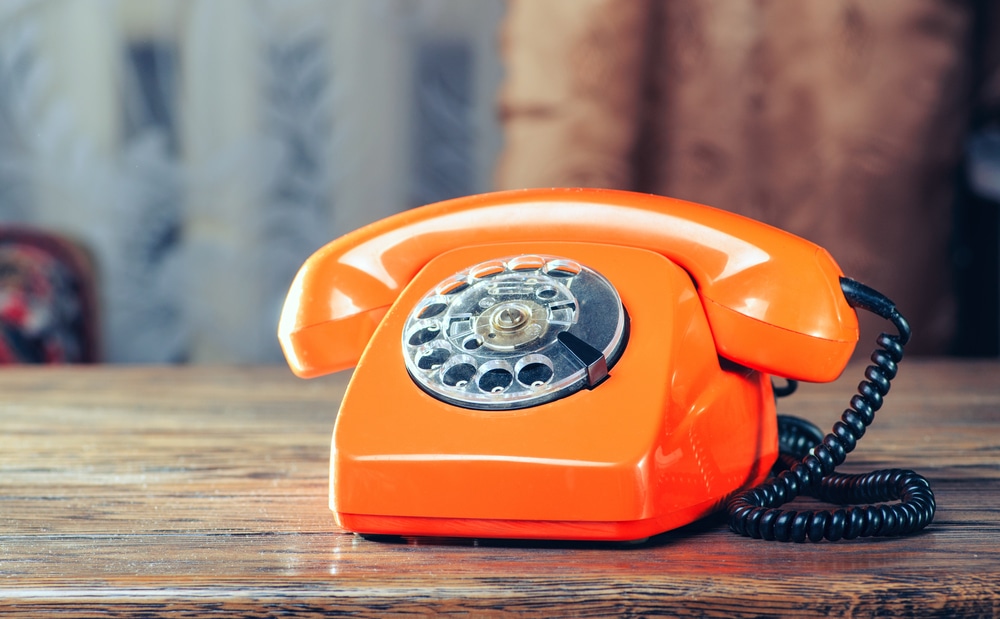If you are caring for a loved one with dementia who lives alone, or even if you live with them but can’t be there 24/7, you may be concerned about whether others may be trying to take advantage of the person when you’re not there. My mum struggled to manage household tasks and paperwork and cope with going to the shops to buy groceries, but fortunately still had her wits about her when it came to answering the front door. She would usually would ignore a knock at the door if she didn’t recognise the person knocking – probably because she’d always avoided answering the front door to strangers if she was home alone before she developed dementia. However, she was used to dealing with people on the phone, so she did answer her phone regularly. Sales calls confused her greatly. Sometimes she thought she’d agreed to something and was worried about what she’d signed up for, ringing me on a few occasions in great distress. We all receive sales calls, but a person with dementia is often likely to find them confusing and even upsetting.
Christine Valentine-Bunce, Head of Commissioning and Operations at residential memory care home Chelsea Court Place (www.chelseacourtplace.com), says: ‘Nuisance phone calls can be very problematic for people living with dementia and can cause a great deal of concern for the families and carers, not to mention the financial implications and consequences. There are several things that people can do to help protect their loved ones against unwanted, nuisance and scam calls.
‘There are Government funded call blocking services, which are free for individuals living with dementia – you will need to supply evidence of the diagnosis (on behalf of your loved one) as well as proof of nuisance calls in order to qualify,’ Christine adds.
‘Register with TPS (Telephone Preference Service) which prevents cold callers phoning – this can be done online for landline phones at https://www.tpsonline.org.uk//tps/number_type.html or by calling 0345 070 0707.
‘For TPS on mobile phones, text TPS’ and your email address (required to verify your identity) to 85095.
‘If your loved one’s landline is through BT, you can opt in to “Call Protect” which is a free, service that is designed to filter out spam calls and stops them getting through to your landline,’ adds Christine. ‘It blocks numbers which are on the BT blacklist, it also enables you to create your own blacklist and will automatically block certain types of callers (withheld numbers or unrecognised numbers). There are call blocking features that can be utilised on mobile phones too.’
You may need to take control of the person’s spending at some point. My mum kept losing her debit card, so I made sure she had Meals On Wheels and regular groceries deliveries, as well as a small amount of cash in the house for other items.
‘If your loved one is in the habit of paying for things over the phone or online, it might be a good idea to scratch off the CSV number on the back of the card to make this harder,’ says Christine. ‘To stop sales people knocking on the doors, put a “No cold callers” sign on the front door and notify the neighbours to be on the lookout for this kind of activity. It’s a good idea to inform neighbours that your loved one has dementia so they can help safeguard against cold callers and be on guard for any unusual activity.
Christine adds: ‘Video door monitoring system such as HIVE (https://www.hivehome.com/products/hive-view) are also a good option for monitoring “visitors” at the front door. An alert is sent when the door bell is rung and an image of the caller can be seen, helping to protect the person against unwanted canvasses or sales people and ensuring safety. Also remember that any contract that is sold to a person living with dementia is invalid, so if they do happen to sign up to a long contract, this won’t be legally binding.’
